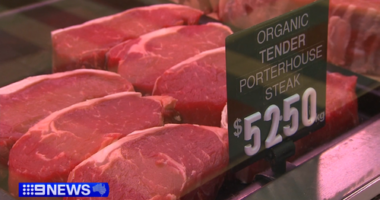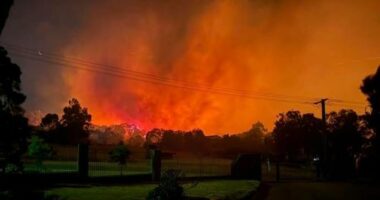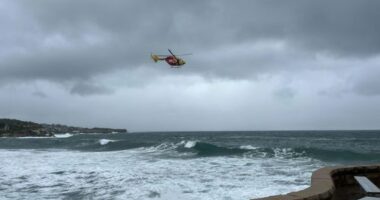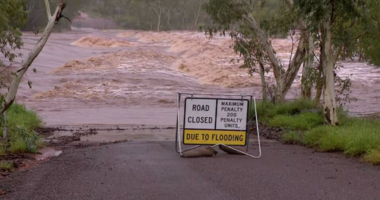Share this @internewscast.com
Australian residents are being urged not to pour milk down the drain because of the potential damage it can cause.
Milk is part of the ‘FOG’ problem in drains
The key concern are the fats contained in milk.

Sydney Water’s principal manager environment, Ben Armstrong spoke to SBS News about a new campaign that will focus on fats, oils and grease contaminants that should not go into drains. Source: Supplied
“It’s all foods or liquids that have fats in that we are keen for people not to put down the drain,” Sydney Water’s principal manager environment, Ben Armstrong, told SBS News.
“It adds to the buildup of fat and what we call ‘fatbergs’ in the system, and can create a lot of problems.”
“It’s been something that I guess people don’t really realise and they’ve been doing it for quite a while.”

While disposing of a small amount of milk down the drain might seem harmless, fats in milk contribute to blockages that have cost millions of dollars to deal with in Sydney in the past nine months alone. Source: Getty / Caner CIFTCI
Sydney Water suggests people add water to old milk and pour it on plants.
Armstrong said only the three ‘P’s — pee, poo and paper — should be flushed down toilets, and only water, soap or detergent should go down sinks.
The fatberg that stopped a concert
Following the cancellation, the Water Corporation said the concert had not gone ahead “due to the risk of sewage backing up within the venue toilets, posing a potential public health risk”.
The cumulative effect
Pouring a bit of milk down a kitchen drain might seem harmless, but the interconnected nature of drainage systems means it’s not.

Many Australians would have poured spoiled milk down the sink without a second thought in the past, but the fats in milk are combining with other pollutants in our waste water to form blockages. Source: Getty / Robin Gentry
Khan said the issue was not specific to Australia.
“So it’s in all of our interests to try to minimise the need for maintenance, to try to minimise sewage spills and overflows which blockages can cause.”
Greater public awareness
Sydney Water will launch its campaign focused on increasing awareness of the potential issues that fats, oils and greases can cause sewer systems on the weekend.











